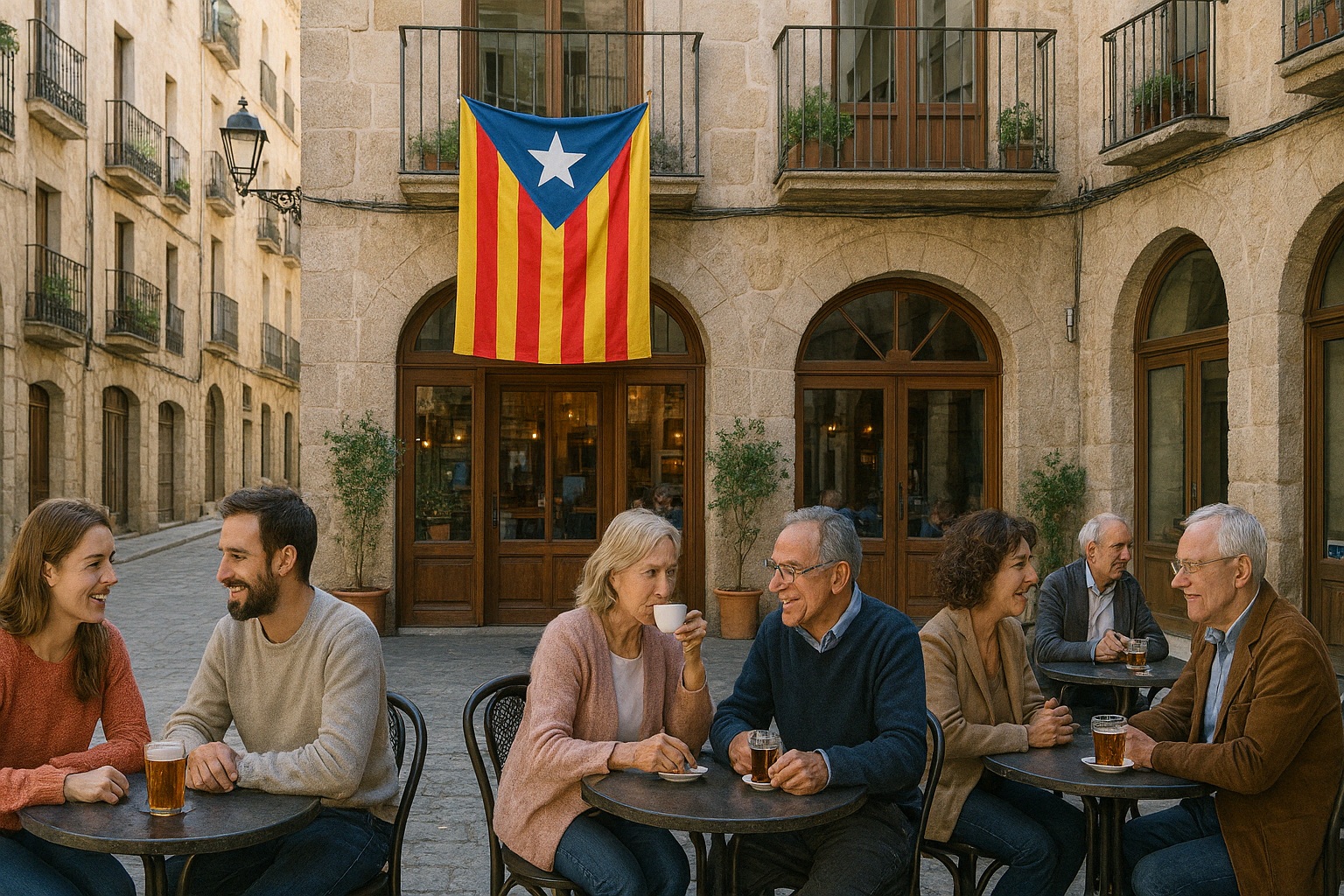
Catalan is not merely a regional dialect—it’s a badge of identity, resistance, and cultural pride. Spoken throughout Catalonia, Valencia, the Balearic Islands, and even parts of France and Italy, Catalan lies at the heart of daily life and traditions for millions. Whether you’re visiting Barcelona or simply interested in the culture, exploring the origins of the Catalan language—and picking up a few basic phrases—can enrich your understanding of this unique corner of Europe.
A Brief Overview of Catalan History
Catalan developed from Latin, like Spanish, French, and Italian, but took its own path around the 9th century. By the 12th century, it had become the administrative, literary, and commercial language across the Crown of Aragon, extending its reach to Sardinia and Sicily.
After two centuries of flourishing, Catalan faced suppression—first by the Bourbon monarchy following the War of Spanish Succession in 1714, and later by Francisco Franco’s regime in the 20th century. Under Franco, public use of Catalan was banned. Nevertheless, the language survived. Children spoke it at home, authors continued writing in it, and activists fought tirelessly to preserve it.
Today, Catalan is officially recognized as co-official in Catalonia, Valencia (as “Valencian”), and the Balearic Islands. It’s taught in schools, utilized in government, and prevalent in everyday life, from television programs to street signs.
Is Catalan the Same as Spanish?
No. While both are Romance languages and share certain vocabulary, Catalan is distinct from Spanish. Think of it as having elements of both Spanish and French, but with its unique grammar, pronunciation, and rhythm. Speaking Spanish in Catalonia is perfectly acceptable—most Catalans are bilingual—but showing an interest in speaking Catalan demonstrates respect and is generally warmly received by locals.
Why Learn Catalan?
Even learning a few phrases can make a significant difference. Attempting to speak Catalan acts as an icebreaker and opens doors. It signals curiosity, effort, and cultural awareness, making it a great way to connect more deeply with local traditions.
Key Catalan Phrases
Here are some essential Catalan phrases to get you started:
- Hola – Hello
- Bon dia – Good morning
- Bona tarda – Good afternoon
- Bona nit – Good night
- Adéu – Goodbye
- Si us plau – Please
- Gràcies – Thank you
- De res – You’re welcome
- Perdó – Excuse me / Sorry
- No ho entenc – I don’t understand
- Parles anglès? – Do you speak English?
- Quant costa? – How much does it cost?
- On és el bany? – Where is the bathroom?
- Una cervesa, si us plau. – A beer, please.
- Fins aviat! – See you soon!
Final Thoughts
Catalan is more than just a language—it reflects a people’s history, resilience, and pride. Whether you’re traveling to Catalonia or exploring the language out of pure passion, taking small steps toward speaking Catalan can deeply enrich your experience.
Who knows? You might just fall in love with the beautiful sound of Catalan along the way.



